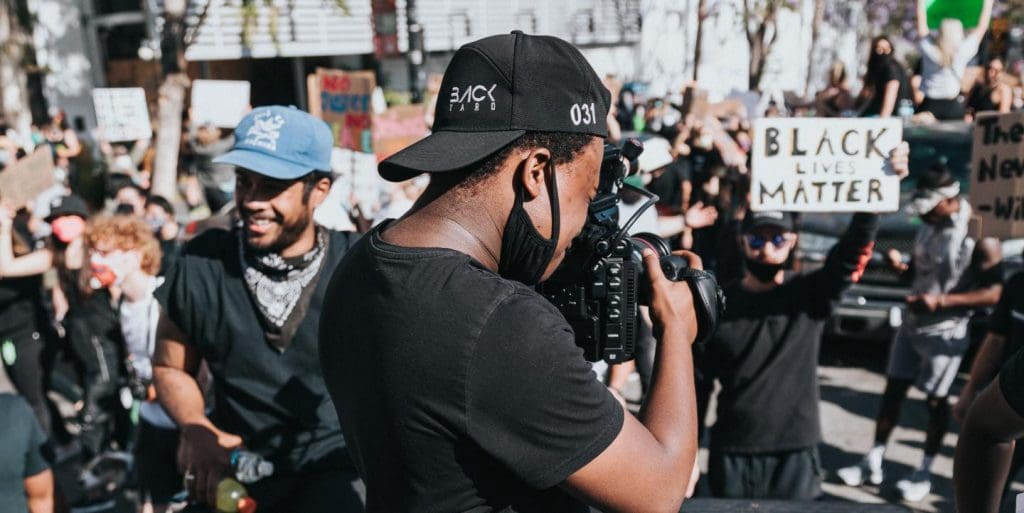
Undoubtedly, this coronavirus outbreak has been the worst experience for all of us in many years. People belonging from all kinds of professions have been affected to date. One of the most affected professions by the pandemic is ‘journalism’ because of the pressure it’s brought with itself. Indeed, even experienced journalists working for well established and huge media houses are regularly battling as they’ve to adapt to the demands of covering the pandemic.
Journalists, in particular, have suffered a lot as their mental health has been on stake all this while. Keeping in mind, the present scenario, a survey has been carried out by the Reuters Institute for the study of Journalism and the University of Toronto to inquire about the work, psychological wellness, stress the Journalists in June 2020.
The survey has been done on 73 respondents; all worked as journalists in multiple global Media houses. All these journalists have done stories relating to the pandemic. Out of all the respondents, around 63% have responded to the survey. The investigation is driven by Dr. Anthony Feinstein, Professor of Psychiatry at the University of Toronto and a neuropsychiatrist, and Meera Selva, Director of the Journalist Fellowship Program at Reuters Institute for the Study of Journalism, working with a group of specialists.
“Around 70 percent of their respondents face the ill effects of certain degrees of mental distress, recommend that 26 percent have clinically critical uneasiness good with the determination of Generalized Anxiety Disorder which incorporates indications of stress, feeling tensed, a sleeping disorder, helpless fixation, and weakness,” say the researchers.
Around 11 percent of respondents report conspicuous side effects of post-horrendous pressure issues, which incorporate intermittent meddlesome considerations and recollections of an awful COVID-19-related occasion, a craving to maintain a strategic distance from memories of the occasion, and sentiments of blame, dread, outrage, awfulness, and disgrace.
Sharing some of the instances, one of the respondents talked about “how it was hard exploring the test of covering a worldwide story that is both individual yet proficient, driving a group to do as such, clarifying another subject in a precise, dependable and quick way.” “Another discussed the pressure of ‘covering for partners’ who couldn’t make it to the workplace as a result of coronavirus fears.”
This is an example of experienced correspondents, working everywhere, settled news media, with a normal of 18 years of experience, and basically, all – 99 percent – believe themselves to be in acceptable physical wellbeing, yet they are as yet hit hard by the conditions. The circumstance could well be much more terrible in less advantaged pieces of the editorial calling. One striking part of giving an account of the pandemic is that the story has been so broad and consistent that all journalists have needed to catch on quickly how to cover the wellbeing beat.
Just 4 percent of the respondents were pro wellbeing correspondents in the first place, yet now 74 percent state they are giving an account of wellbeing related issues connected to the pandemic. Also, in numerous nations’ writers’ state, they dread they can’t carry out their responsibility appropriately, without dependable data.
One respondent stated: “I am increasingly worried because I can’t cover the episode in my nation as different nations in the west have done. I feel like a faker since I am just permitted to follow what the administration instructs me to and I am not ready to reveal insight into how the rest of the nation is dealing with this episode.”
To be noted, there has been a widespread public mistrust of the media that in many places in India, Journalists were beaten up by the public as they believed that media is spreading misinformation regarding the public to create ruckus in the country.
Even on the orders of the authorities, 55 Indian Journalists covering the pandemic were threatened, arrested, and booked as they covered the pandemic leading them to drown into mental distress.
The respondents state that their associations have been reasonably strong. All things considered, our respondents give their association a score of 6/10 where 10 were strong and 0 was not steady by any means. Also, they respect their work during the pandemic as modestly upsetting and rate it as 6/10.
A captivating finding is that there is a negative connection between’s covering the COVID-19 pandemic and age. In this manner, the more seasoned you are, the more uncertain you were to be given a COVID-19 story. This may well mirror a worry with respect to news organisations that more seasoned individuals are increasingly powerless against the impacts of the disease and accordingly, more youthful journalists were bound to be given COVID-19 related stories. On the off chance that this is without a doubt the case, and it is difficult to decipher the information some other way, it ponders affectability on the part of news organisations in the interest of their staff.
Fifty-two percent of respondents have been offered access to some type of counselling since the flare-up of the pandemic and the study shows that the individuals who have gotten treatment since the beginning of the pandemic are more averse to be on edge, troubled or show side effects of PTSD.
As these journalists have been tirelessly working on informing the very mistrustful public, hopefully, this study on their mental health issues helps them continue with the good work they’ve been doing. Reporters could only be able to pass the information if they’re able to cope with the pressure and demands that the pandemic imposes on them.
Unsa Khan is a student of Media Governance at Jamia Millia Islamia and a freelance journalist based in New Delhi.



